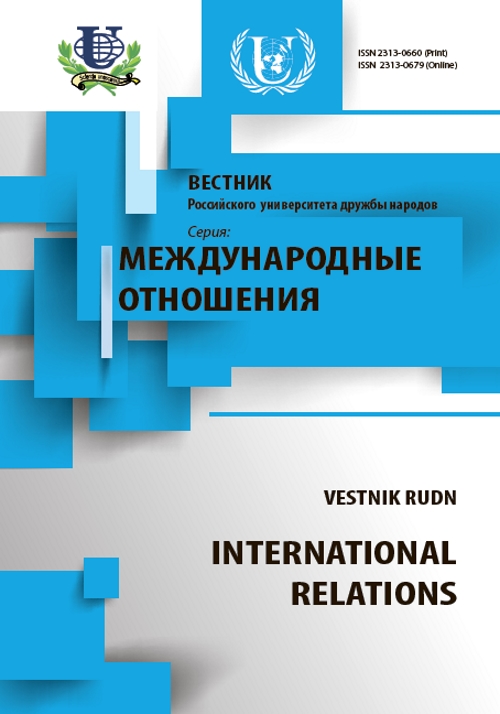Internationalization of Higher Education: Major Trends, Challenges and Prospects
- 作者: Filippov V.M.1
-
隶属关系:
- Peoples’ Friendship University of Russia
- 期: 卷 15, 编号 3 (2015): International Political Science. Conflict Studies. Greater Middle East
- 页面: 203-211
- 栏目: Articles
- URL: https://journals.rudn.ru/international-relations/article/view/10725
如何引用文章
全文:
详细
The article discusses the directions of the reforms carried out in the higher education systems of developed countries in terms of internationalization of education. The internationalization of education is considered as a factor in ensuring international cooperation in terms of competitiveness. The author analyzes the integration process with the participation of the Russian Federation in the framework of the European Higher Education Area and the Asia-Pacific Educational Space, as well as the format of academic cooperation within CIS, SCO and BRICS. The main features of the internationalization of education at the present stage are discussed. It emphasizes that the focus of the international student mobility increasingly shifts to the Asia-Pacific region. The article provides an analysis of international experience, as well as the factors that students take into account when they choose a destination of academic mobility (the language of instruction, the quality of programs, school fees, immigration policy). Regional specifics of international academic mobility are disclosed. Special attention is paid to the particularities of university operating in different countries - mechanisms of higher education, manifested in the degree of autonomy granted to universities in addressing the reception, organization and content of training, the final certification and financing. Recommendations are given for the purpose of promoting mobility, taking into account the experience gained in this field by the Peoples’ Friendship University of Russia.
参考








